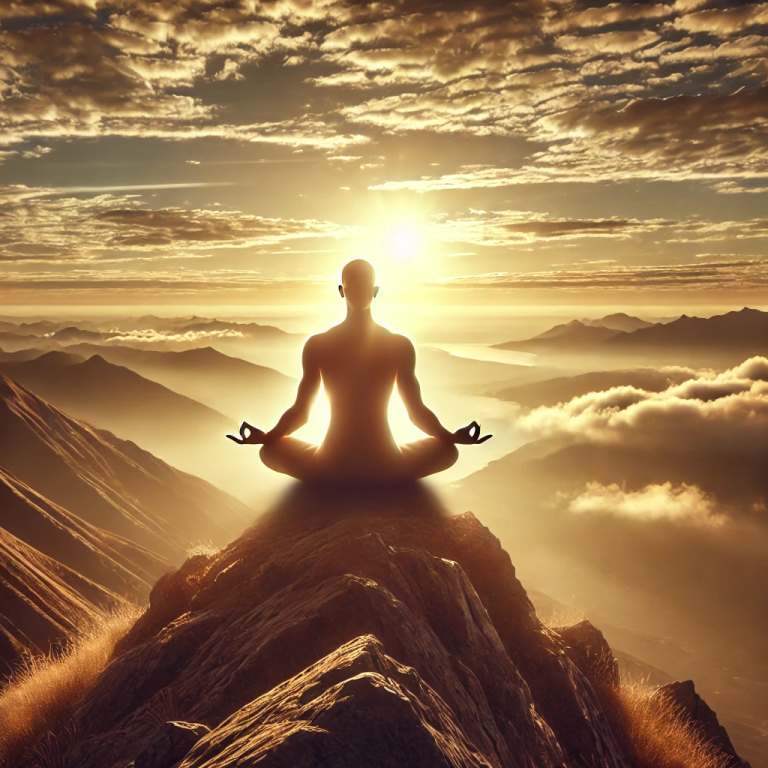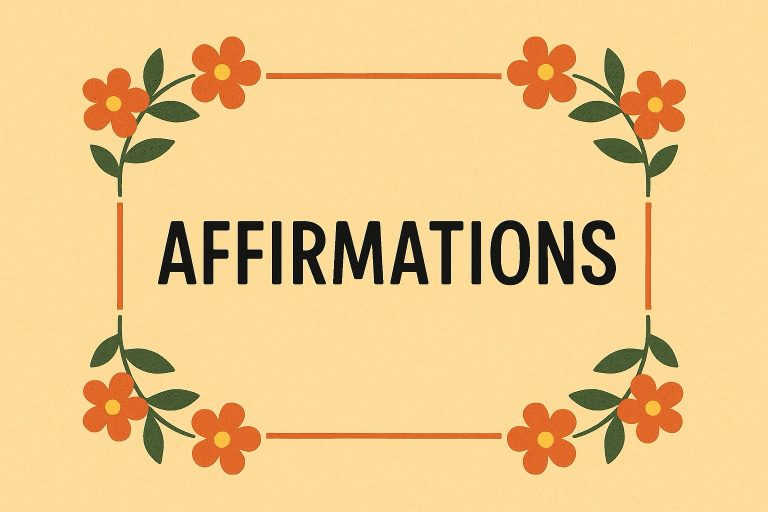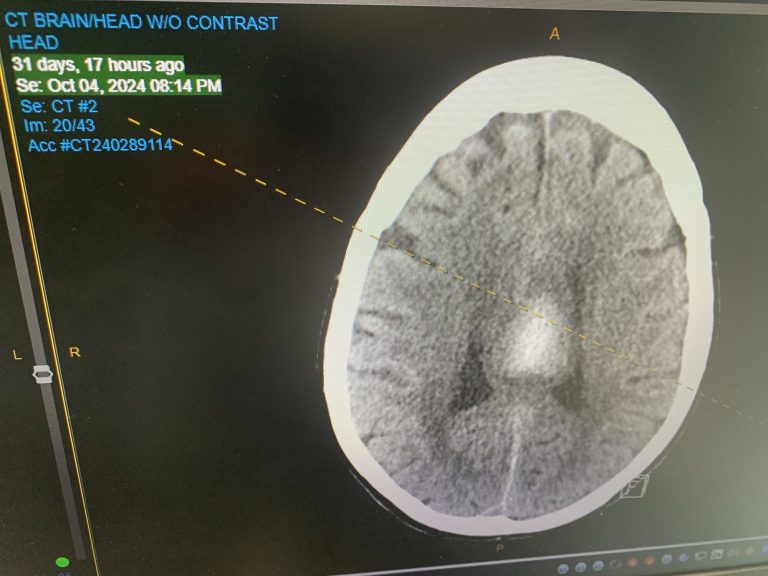Nocturia in Men: Why You Wake Up to Pee at Night — and How Melatonin and Magnesium Might Help
Waking up to use the bathroom occasionally isn’t a big deal, but it can become quite frustrating when it happens every night. I had been having some trouble waking up in the middle of the night with the urge to pee, so I studied how to correct the problem. I worried that maybe at my age of 55, it was something inevitable that I wouldn’t be able to solve, but I was able to do it. I still wake up once, maybe after 6 hours, to pee, but then I can go back to sleep, and all is good. So I have gathered some info to help you, too, in case you have some problems with nocturia also.
What Is Nocturia?
Nocturia refers to the condition of waking up one or more times during the night to urinate. Although it can affect individuals of any age, it is especially prevalent among men over 40. While many do not consider nocturia a medical issue, it can disrupt sleep and negatively affect overall quality of life. Additionally, it may indicate an underlying health concern that should not be overlooked.
Common Causes of Nocturia in Men
While there isn’t a universal explanation applicable to everyone, several prevalent factors contribute to the condition:
1. Benign Prostatic Hyperplasia (BPH): As men grow older, the prostate gland often becomes enlarged, a condition known as BPH. This enlargement can exert pressure on the urethra, leading to difficulties in completely emptying the bladder.
2. Bladder Dysfunction or Overactivity: The bladder may not function properly or may become overly active, resulting in a frequent and urgent need to urinate, particularly at night.
3. High Fluid Intake Before Bed: Consuming large amounts of fluids in the hours leading up to bedtime can overwhelm the bladder’s capacity, leading to nighttime trips to the bathroom.
4. Sleep Disorders: Conditions such as insomnia or sleep apnea can disrupt sleep patterns, causing individuals to awaken more frequently during the night, often to urinate.
5. Diabetes or Elevated Blood Sugar Levels: People with diabetes may experience increased urination due to high blood sugar levels, which can cause the body to eliminate excess glucose through urine.
6. Medications with Diuretic Effects: Certain medications, particularly diuretics, promote urine production and can lead to increased urination, especially if taken later in the day.
7. Reduced Production of Antidiuretic Hormone (ADH) at Night: Normally, the body produces more antidiuretic hormone in the evening, which helps reduce urine output during sleep. However, low levels of ADH can lead to increased urination at night.
Why Nocturia Matters
Sure, waking up once to pee isn’t catastrophic. But waking up two, three, or more times a night? That’s a different story.
Chronic sleep disruption has been linked to:
- Cognitive Decline: A gradual deterioration of mental functions, including memory, attention, and decision-making abilities, which can affect daily living and overall quality of life.
- Daytime Fatigue: A persistent sense of tiredness or lack of energy during the day, often accompanied by difficulty concentrating and maintaining alertness, impacting productivity and motivation.
- Mood Swings and Irritability: Fluctuations in emotional state that lead to heightened sensitivity, impatience, and occasional outbursts of frustration, which can strain relationships and affect social interactions.
- Increased Risk of Cardiovascular Disease: An elevated likelihood of developing heart-related conditions such as hypertension, heart attacks, or strokes, often linked to lifestyle factors or underlying health issues.
- Reduced Testosterone Levels: A decline in the hormone testosterone, which can lead to decreased libido, reduced muscle mass, and mood changes, potentially affecting both physical and emotional well-being.
Poor sleep creates a vicious cycle that negatively impacts the body’s hormone regulation. This disruption can result in increased urination, which in turn further disturbs sleep, perpetuating the cycle of sleep deprivation and hormonal imbalance.
How Melatonin Helped Me
Melatonin is a hormone naturally produced by the pineal gland in the brain, and it plays a crucial role in regulating your circadian rhythm — your body’s internal clock.
I started using melatonin not specifically to reduce nighttime urination, but to get better sleep. The result? Not only did I sleep better, but I also stopped waking up to pee as often. It was a pleasant surprise.
So, what’s going on?
Studies show that melatonin doesn’t just promote sleep — it may also help regulate bladder function and reduce nocturnal urine production. One study published in The Journal of Urology found that men who took melatonin experienced fewer nighttime bathroom trips.
Plus, better sleep means your body produces more antidiuretic hormone (ADH), which helps your kidneys concentrate urine and reduce the need to urinate at night.
The Role of Magnesium
Magnesium is a mineral that is involved in hundreds of bodily functions, from nerve signaling to muscle relaxation. I added magnesium to my routine to help with general health and muscle tension, but much like melatonin, I noticed I was sleeping better and urinating less at night.
Here’s why magnesium may help with nocturia:
- Muscle relaxation: Magnesium helps relax smooth muscle tissue, including the bladder. A relaxed bladder is less likely to send false “full” signals.
- Reduces stress and anxiety: High stress and cortisol levels can interfere with sleep and bladder signaling.
- Improves sleep quality: Magnesium helps regulate GABA, a neurotransmitter that calms the nervous system and promotes restful sleep.
- May improve insulin sensitivity: If nocturia is partially driven by blood sugar issues, magnesium can help stabilize glucose levels.
You can find magnesium in foods like spinach, almonds, and avocados, or you can supplement with magnesium glycinate (great for sleep and digestion) or magnesium citrate (also good, but can have a laxative effect).
Should You Try These Supplements?
Of course, always consult your doctor before starting new supplements, especially if you’re on medications or have a medical condition.
That said, if your nocturia isn’t tied to something serious like a prostate issue, or if you’ve already ruled out things like diabetes or bladder infection, melatonin and magnesium may be gentle, effective ways to help.
Here’s a simple bedtime stack that worked for me:
- 1–3 mg of melatonin about 30 minutes before bed
- 200–400 mg of magnesium glycinate with dinner
Everyone’s body reacts differently, so start low and adjust as needed.
Lifestyle Tips to Complement Supplements
Supplements can help, but here are some additional tips to support your results:
1. Limit Your Fluid Intake After 7 PM
To promote better sleep and reduce nighttime bathroom trips, try to avoid consuming fluids after 7 PM. This is especially important for beverages that can irritate the bladder, such as alcohol, caffeinated drinks, and carbonated sodas, as they can lead to increased urge and discomfort during the night.
2. Make Two Bathroom Visits Before Bedtime
As part of your bedtime routine, take a moment to go to the bathroom to fully empty your bladder. Then, wait about 10–15 minutes and visit the bathroom again. While this may feel a bit redundant, it’s an effective strategy to minimize the chances of waking up in the middle of the night.
3. Elevate Your Legs During the Evening
If you notice swelling in your legs after a long day, it’s important to give them some relief in the evening. Elevating your legs can help reduce fluid buildup, which often redistributes while you sleep, potentially leading to increased urine production. Consider using a pillow to prop your legs up or wear compression socks to enhance circulation as you wind down for the night.
4. Cut Back on Sodium in Your Diet
A high sodium intake can lead to fluid retention, which may increase the likelihood of waking up to urinate at night. By reducing your salt consumption, you can help manage your body’s fluid balance and improve your nighttime comfort.
5. Consider the Impact of Sleep Apnea
If you find yourself snoring loudly or feeling excessively fatigued despite getting a full night’s sleep, it may be worth looking into sleep apnea. This condition can disrupt your sleep and significantly contribute to issues like nocturia, where frequent nighttime urination becomes a problem. Addressing sleep apnea can greatly enhance your overall sleep quality and reduce nighttime awakenings.
When to See a Doctor
Even though melatonin and magnesium helped in my case, nocturia can sometimes be a sign of something more serious. See a doctor if you experience:
- Blood in your urine
- Pain or burning when urinating
- Sudden increase in frequency
- Incontinence or dribbling
- Daytime fatigue that doesn’t improve
Final Thoughts: Small Fixes, Big Impact
Nocturia might feel like a minor annoyance at first, but night after night, it can wear you down. Fortunately, your solution might not be some expensive prescription or invasive procedure. In my case, adding melatonin and magnesium made a massive difference. Better sleep, fewer bathroom trips, and improved energy during the day.
If you’re dealing with nocturia, don’t ignore it — but don’t be afraid to try some natural, low-risk interventions either.






